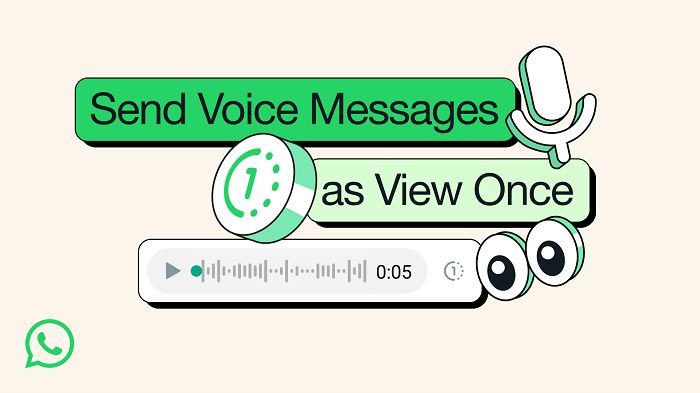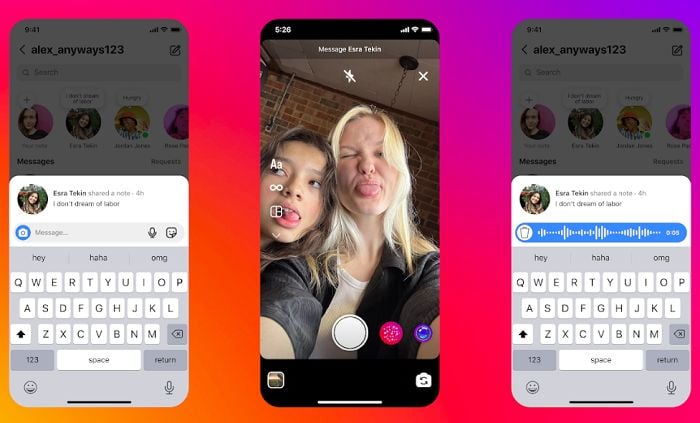As it continues to expand its AI push in its apps, Meta’s also taking steps to become a leader in the broader AI space, by announcing that it’s open-sourcing its latest Llama AI models, in order to facilitate expanded development and collaboration.
Meta will release its Llama 3.1 40B and Llama 3.1 70B models, which will enable developers to build their own AI systems on the back of Meta’s learnings. That essentially means that developers won’t have to build their own front-end systems, as Meta’s Llama models are already trained on billions of parameters, in order to translate text queries.


As you can see in these examples, Meta’s Llama systems can be used to build various AI applications. Though more specifically, through open sourcing, Meta is enabling third-party developers to build their own systems, using their own data, based on its tools.
Meta CEO Mark Zuckerberg made the announcement on his Facebook page, via a 2,300-word overview of why he believes open-source AI models are the best way forward, both for Meta, and for the technology.
As explained by Zuckerberg:
“Now you’ll be able to take the most advanced Llama models, continue training them with your own data, and then distill them down to a model of your optimal size – without us or anyone else seeing your data. We want to invest in the ecosystem that’s going to be the standard for the long term. Lots of people see that open source is advancing at a faster rate than closed models, and they want to build their systems on the architecture that will give them the greatest advantage long term.”
Zuckerberg’s view is that by facilitating broader access to its AI models, that will ensure more transparent, sustainable and expansive AI projects.
Oh, also, as an aside, Zuckerberg still hates Apple. In case you were wondering:
“One of my formative experiences has been building our services constrained by what Apple will let us build on their platforms. Between the way they tax developers, the arbitrary rules they apply, and all the product innovations they block from shipping, it’s clear that Meta and many other companies would be freed up to build much better services for people if we could build the best versions of our products, and competitors were not able to constrain what we could build. On a philosophical level, this is a major reason why I believe so strongly in building open ecosystems in AI and AR/VR for the next generation of computing.”
So Zuck’s opposition to Apple is a key motivator in the development of open source systems at Meta. So I guess Apple’s stringent rules aren’t all bad, in that they’ve led to other innovations at other companies.
Roundabout logic, but…
Zuckerberg also notes that Meta’s working with a range of big tech players on growing the AI ecosystem, including Amazon, Databricks, and Nvidia, among others.
It’s an interesting approach, which builds into Meta’s longer-term view for AI tech, in which the current, chatbot style tools are more of a precursor than an end goal within themselves.
This is the key way to frame Meta’s AI tools. Sure, that new Meta AI prompt at the top of each app is annoying to some, and there’s not really a heap that you can use it for as yet. But for new Facebook and IG users, who are just logging on for the first time, it’s probably a much more significant element, and as these users grow up, they’re going to become the target market for Meta’s larger metaverse vision, of which AI will play a key role in facilitating creation in VR worlds.
That would be a revolutionary AI application. Imagine slipping on a Quest headset and simply speaking your dream scenario into realistic-feeling existence. “I want to experience life as a pirate on the seven seas”, “I want to feel what it’s like to be in a fighter plane during World War I”, “I want to be on stage performing for thousands of fans.”
If Meta can create an AI system that can make such scenarios into a viable, experiential reality, that could be a big bridge into the next stage of its metaverse push.
And the next generation won’t know a world where such creation, based on merely commanding it, wasn’t possible.
And no one else can do this. No other company is positioned to challenge Meta on this front, which is another reason why open-sourcing its systems is not a major risk for the company. It’ll only make Meta’s AI ecosystem more diverse, more criticial within the broader market. And eventually, if the metaverse does become a thing, it’ll also bring more creators back to Meta’s apps to realize their visions.
It’s another long-term bet, which won’t pay off immediately, but Meta’s making some important moves to establish the foundations of its next phase.















